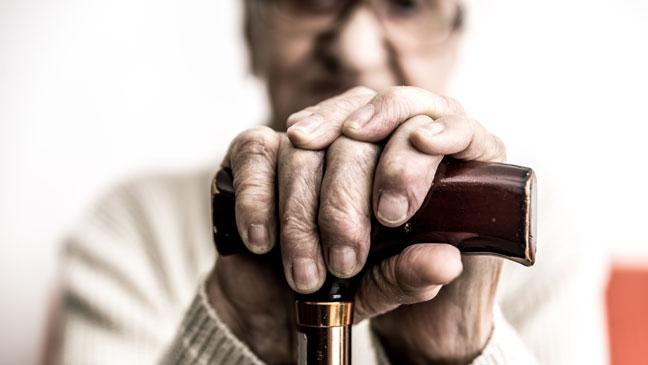The middle stages of Alzheimer’s are typically the longest and can last for many years.
As dementia progresses, the person with Alzheimer’s will require a greater level of care. During this time, it’s important to get the support you need as a caregiver.
What to expect
During the middle stages of Alzheimer’s, damage to the brain can make it difficult to express thoughts and perform routine tasks. You may notice the person with Alzheimer’s jumbling words, having trouble dressing, getting frustrated or angry, or acting in unexpected ways, such as refusing to bathe, do the normal daily activities
While these changes are difficult for everyone involved, there will be challenging days, but there also will be good days. As your relationship with the person with dementia changes, you will find new ways to connect and deepen your bond.
Your role as a caregiver
Being a caregiver for someone in the middle stages of Alzheimer’s requires flexibility and patience. As the abilities of the person with Alzheimer’s change and functioning independently becomes more difficult, you will have to take on greater responsibility. Daily routines will need to be adapted, and adhering to routine will become more important
caregiving skills needed to deal with changing needs of someone in this stage of the disease. Sharing information with other Alzheimer’s caregivers also can be a great source of information and support. Other caregivers truly understand the complex feelings associated with caring for a person with dementia.
As caregiving responsibilities become more demanding, it’s important take care of oneself Take breaks, even if it is only for a few moments. Make sure not to isolate yourself., and take friends and family up on offers to help,
Changes in behavior
Changes in behavior can be some of the most distressing for caregivers and family members. During the middle stages, people may experience depression, anxiety, irritability and repetitive behaviors. As the disease progresses, other changes may occur, including sleep changes, physical and verbal outbursts, and wandering
Communication
As people with Alzheimer’s gradually lose their ability to find words, express thoughts and follow conversations, they also have more difficulty understanding others. Communication changes during the middle stages include trouble finding the right word, repeating questions, losing the train of thought, relying on non-verbal communication. You can help improve communication by making simple changes, such as speaking slowly and distinctly in a gentle tone. If you notice sudden changes in communication, make sure to contact the doctor, since this could indicate other medical issues or side effects of medication.
Daily care needs
Eating, dressing and grooming will become more challenging as dementia progresses. This loss of independence and privacy can be a very difficult transition for the person with dementia; your patience and sensitivity will go a long way in helping him or her through it. Once your assistance is needed to complete daily tasks, think about the person’s abilities. Encourage the person to do as much as possible, but be ready to help when needed. For example, when dressing, you can give direction indirectly by laying out clothing in the order in which item is put on.
Activities that provide meaning
In addition to enhancing quality of life, activities can reduce behaviors like wandering and agitation. You don’t need to invent new things to do. Think of activities as things we do as part of our daily living. Activities can be making dinner together, gardening, listening to music or going for a walk.
Other safety concerns
Early in the middle stages, it will become too difficult or dangerous for a person with Alzheimer’s to be left alone. Preventing wandering becomes a crucial part of care, and safety precautions will need to be taken throughout the person’s living environment. At this point, if the person is living alone, he or she may need to move in with relatives or to a residential care setting.

